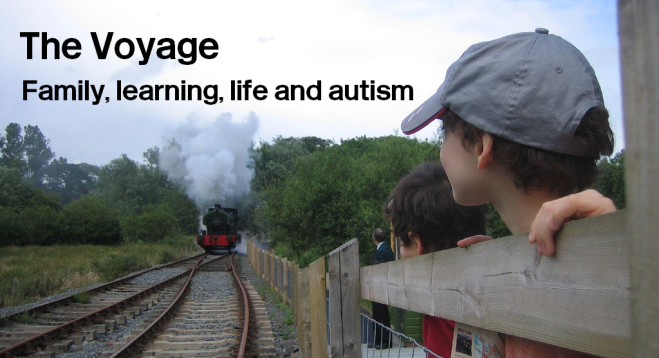*Content warning for the article- parent literally calling her disabled adult daughter "damaged goods" and discussion of adult woman's personal care needs.*
I am saddened and angry at how this story has been framed. There are multiple human rights abuses described in the article. The article itself adds a new breach of Siobhan's rights- the right to privacy by discussing her intimate personal care needs in public. I am frankly disgusted by how her mother describes her:
“Sorry. I’m going to be very straight about it: she’s not special. She’s damaged goods. I wanted the child that I thought I was going to have. The one that was going to have two children by now, and have finished university studies, and be having a life for herself, in a home where I could visit and babysit my grandchildren. I wanted to have that child.”That's not how being a parent works. You bring a child into the world and you do your best for them but you can't plan a life for them that fits around your fantasy.
On Twitter this is being heralded as brave honesty- that finally a parent is breaking the taboo of how hard caring is. That's bullshit. There's an article every day about how hard it is to parent disabled children. There's no end of parents sharing their innermost thoughts about the child they wished they'd had instead of the damaged one they got. Seriously type "care disabled son or daughter" into Google or Twitter to see how mainstream and non-taboo this narrative is.
There are stories each year of parents who go so far as to murder their disabled offspring (both adults and children) and every single time, there is a flurry of voices talking of how caring and loving the murderous parent is and how they ended life out of love and mercy. Anyone who objects to this despicable narrative is asked to "walk a mile in the killer's shoes" as though those asking that people don't murder disabled people are the cruel ones. In the light of this common narrative, I think Rosita Boland who wrote this article and the Irish Times which published it has to think again about the way they framed this story and their duty to Siobhan herself.
I am even more disgusted by the callous dereliction of duty by the Irish state. There appear to be no moves to investigate what Siobhan wants or what is in her best interests. She needs access to an independent disability advocate trained in non-instructed advocacy as soon as possible to work out what she is entitled to and how to achieve it. Her parents are being dumped on by a system that has abandoned people with high support needs, treating them as second class citizens. If Siobhan's human rights are respected, her parents will benefit.
So much for a country in which those in power seek praise for their so-called pro-life laws.

